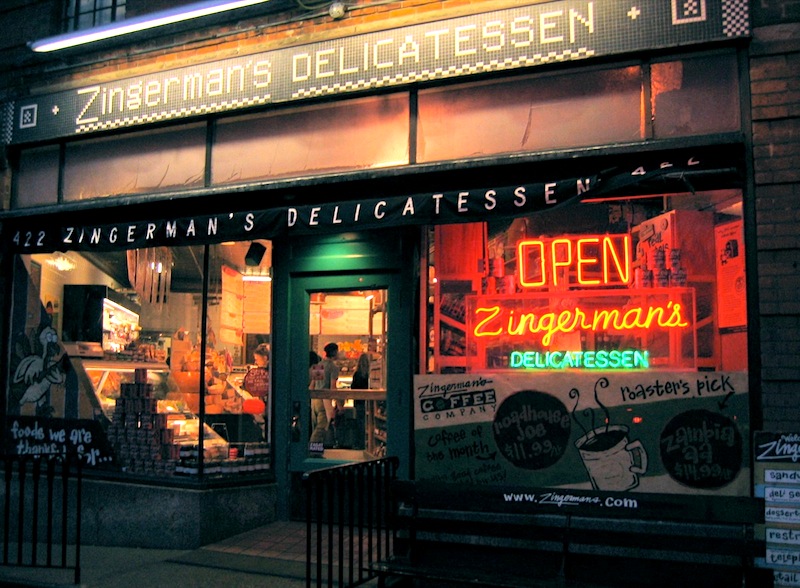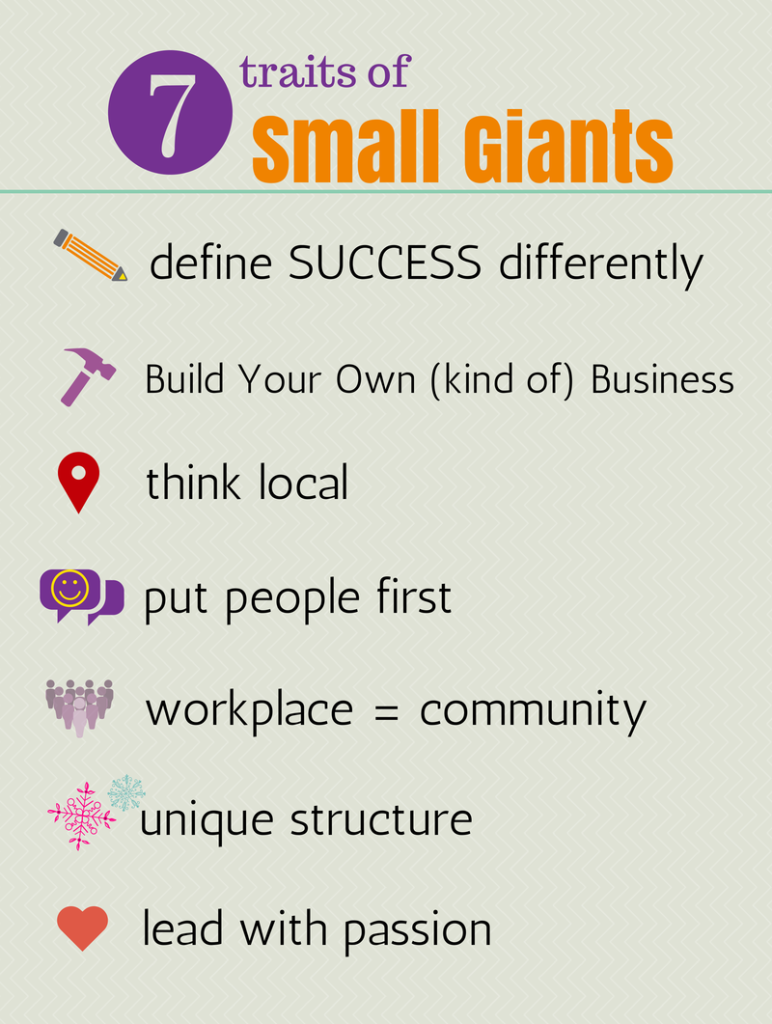
It’s crazy to discover there’s a deli that makes $50 million dollars a year. It’s stranger still how they’ve managed to accomplish it.
Most restaurants grow their revenue by opening more locations and eventually developing a franchise model like Subway. You sell more and more sandwiches as you open more and more stores. The problem is scale — maintaining quality over a massive empire is much harder than over a single shop. Your restaurant becomes more about volume than great food and remarkable service.
Zingerman’s, a deli based in Ann Arbor, Michigan, faced this fork in the road: open more locations or face continually stagnating revenue growth. Instead of choosing the conventional franchise path, they blazed their own trail.
They grew from $5 million to $50 million in annual revenue in a way that allowed them to stay small and preserve the things about the company that made them special. But it wasn’t in food or service where they innovated to drive 10x revenue growth but in an unexpected way — by innovating on organizational structure and company culture.
Keeping It Zingy — Zingerman’s Community of Businesses
From the very beginning, Zingerman’s founders Paul Saginaw and Ari Weinzweig had set out to do something totally original and “build an extraordinary organization.”
But rather than focus on profits like everyone else, they wanted their company to have a different organizing principle — one “where decisions would not be based on who had the most authority but on whoever had the most relevant information.” This would allow “everyone to help run the business” and each employee to feel “personally responsible for its success.”
So in 1994, with the deli producing $5 million in annual revenue, the founders sat down and wrote their vision statement for what they called “Zingerman’s Community of Businesses,” a loosely organized group of local businesses under the Zingerman’s umbrella that gave its employees an opportunity to become partners.
Each ZCoB business would be founded and operated by a Zingerman’s employee-turned managing partner who had gone through extensive in-house training on Zingerman’s company culture, values, and how it does business. Both the managing partner and Zingerman’s would contribute capital to get the business going. The result is a bunch of small startups based on the Zingerman’s company culture and brand, all based locally in Ann Arbor.
Like the startup world, some ZCoB businesses have failed while others have succeeded. Today, ZCoB spans nine businesses along with “650 employees, 18 managing partners and combined annual sales of $50 million” of which the Deli only accounts for $14 million.
Do Well By Doing Good
Business journalist Bo Burlingham calls companies like Zingerman’s “small giants,” which are “companies that choose to be great instead of big.” In tech, it’s companies like 37Signals, Moz, Wistia and Buffer that eschew VC cash in favor of growing slowly so that they can build a company that’s unique and remarkable.
But it’s hard not to focus on making money, because entrepreneurs are besieged by near-constant pressure to expand and grow.
Small giants think differently, sharing seven characteristics:
1) The leaders question the usual definitions of success in business and imagine other possibilities
2) The leaders build the kind of business they want to live in, rather than accommodating themselves to outside forces
3) The companies have an extraordinarily intimate relationship with their locations
4) The companies cultivate exceptionally intimate relationships with customers and suppliers, based on personal contact, 1:1 interaction, and mutual commitment to delivering on promises…
5) The companies have unusually intimate workplaces…
6) The companies may have unique corporate structures and modes of governance
7) The leaders bring passion to whatever the company does. “They had deep emotional attachments to the business, to the people who worked in it, and to its customers and suppliers…”
For Zingerman’s this alternative thinking meant eschewing the well-trodden franchising path and imagining a new way to structure their company, all based on the values that inspired them to start Zingerman’s in the first place.
The happy twist is that small giants like Zingerman’s ultimately find financial success beyond their wildest dreams, and they do it by choosing not to focus on money.
Photo: Carl Collins/Flickr
The Power of A Great Reputation
Zingerman’s doesn’t open new locations, but that doesn’t mean it isn’t concerned with spreading its influence. Or, with attracting customers from out of town.
In May of 2019, Zingerman’s tried a two-day pop-up in Chicago. They did this by taking over the Ruin Daily cafe on Jefferson Street. Zingerman’s did this without much fanfare or marketing, and yet word of mouth quickly expanded the line all the way around the block. Reports of four hour lines was common, even in spite of a rain storm threatening the Windy City the two days of the pop-up.
So how could a little deli in Ann Arbor, Michigan dominate the city of Chicago with two days, eight sandwiches, and no marketing to speak of? By delivering quality food, doubling down on their corporate culture, and leaving customers with nothing but good things to say.

